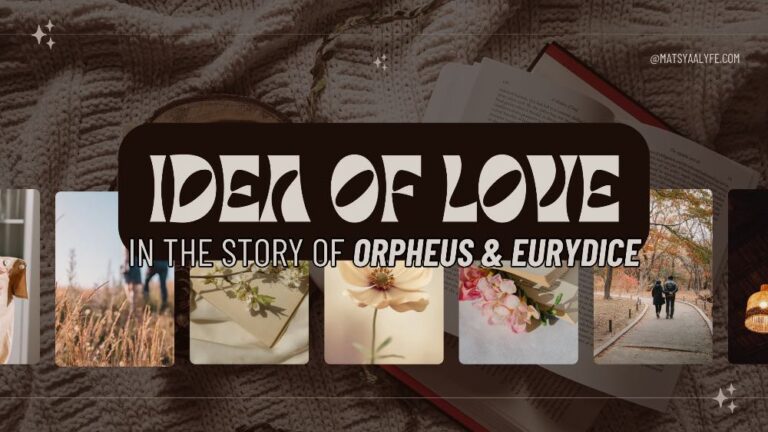How To Write—A Contrary Guide

Grammar. Syntax. Semantics. Don’t put an a before an e, unless the e is followed by something like –ulogy . Don’t put too many adverbs. Don’t start the sentence with and or but. Make your character believable. Make your poem rhyme. So many rules to tell us how to write. These rules must mean that there is a right way that writers have to follow. But what is the right way to write? Is there any?
The thing about grammatical, syntactical, semantic rules is that they make deviation possible. Deviation means novelty, means creativity, means something interesting and fun and ‘that’s really clever of the writer, don’t you think?’
But do the rules represent an unbreakable, undeniable structure which, if it’s not followed, makes any work instantly a piece of trash. Does deviating from the set of rules make any novel or poem completely worthless. We’ve known for ages that this is not the case. In fact, in storytelling, or any form of creative writing, especially in poetry, one is even encouraged to think outside the box and cross the boundaries of thought.
Rules then become a faint imprint, or something to stay clear of, at best. At first, children are encouraged to write in a certain way. To mind the adjectives and adverbs and to stay inside the fence that is drawn around the field of their mind. ‘Don’t let your horses run just yet,’ they are told. ‘Mind the grammar. No you can’t put
But perhaps this is nothing new. After all, learning to do anything works in much the same way—learning to think, learning to be a good person.
Rationality, like morality, comes in stages. First children are encouraged to think and act in a certain way. They are taught the basic things all children are taught, like numbers and the Pythagorean theorem and general knowledge facts. They are given a fixed path and told, ‘This is how you will think.’ But as they grow older, it becomes important, almost crucial for them to deviate from the norm and think on their own. If they don’t do this, they will never gain the capacity for reflective thought.
Similarly the difference between customary and reflective morality is important in understanding human development. Young kids are told strict parameters of good and bad. They are told to be good and that means following some rules. ‘Don’t disrespect your elders.’ ‘Wait for your turn.’ ‘Eat your vegetables.’
Being good means, for the kids, following these rules they are given, and not following them makes you bad. This is the customary stage of morality. It makes the groundwork for the reflective stage where young people must know for themselves what is right and wrong. They must question the things they have been taught all their life and judge for themselves whether they are good or bad.
If a person has been taught all her life that a certain community or group of people are bad, she must, when she has grown old enough, think for herself whether there is any merit to this. And if she concludes that what she has been taught is just prejudiced thought, she must question it and reinforce her decision to deviate from this thinking.
Let us take another example. A boy has always been taught to respect elders, but when he gets a little older and capable of reflective thinking, he will grow out of this strict rule and allow exceptions—such as when an older man is trying to rob him or hit him. He will realize the difference between blind following of rules and actual moral reasoning.
So children need rules. They need grammar and rhythm and rhymes. They need to know that you can’t paint the sky green. But as they grow into young and then not so young writers, they also need to know that the rules are more of a jump the hurdles than a roadmap. The more you jump them, the more of yourself you bring into your writing.
The story becomes yours as soon as you wave goodbye to the expectations and rules hovering over your pen and write what you want to write. Experiment with words. Juggle them in your hands. Make them laugh and bounce and fall exhausted into the paper—unique and satisfied.
This is a contrary guide to writing the right way. But—you guessed it!—there’s no right way to write. The world is our playground and words have infinite possibility.
If you want to read some poetry prompts about this fall, go ahead and check out 20 Bitter(Sweet) October Poetry Prompts.




